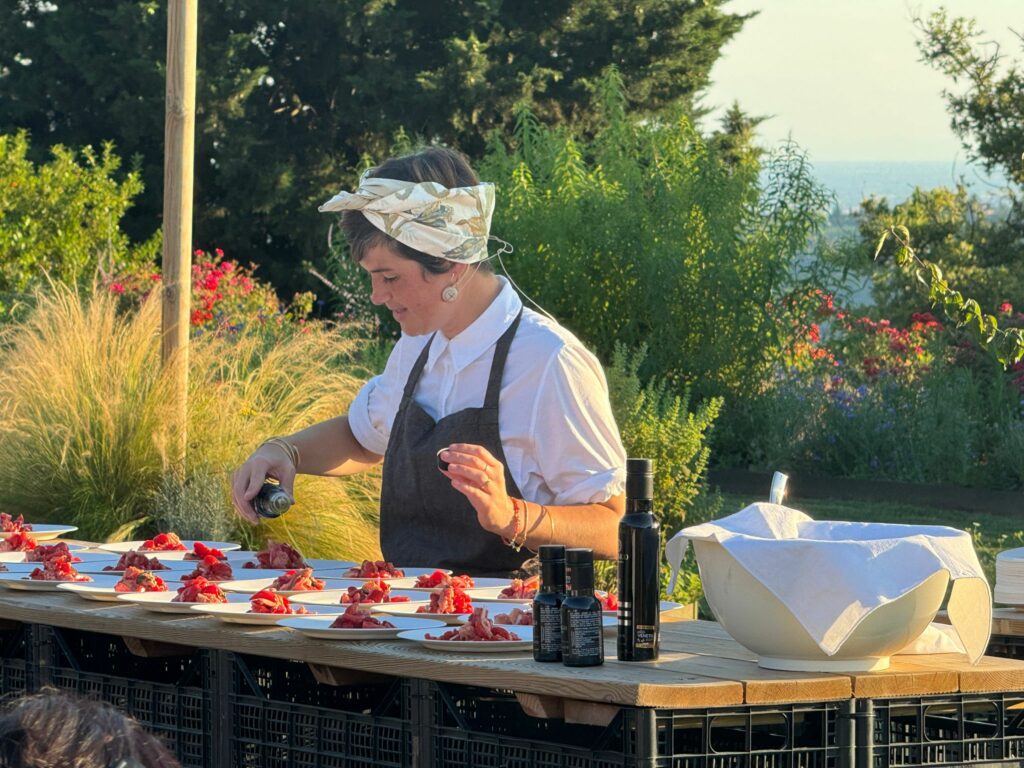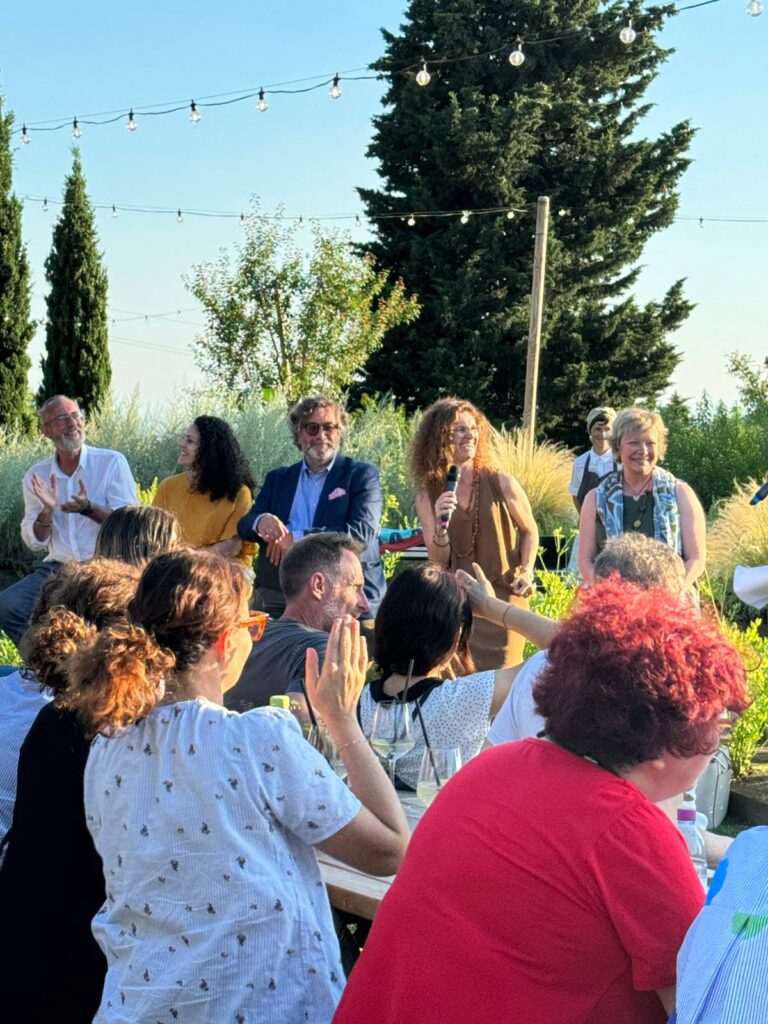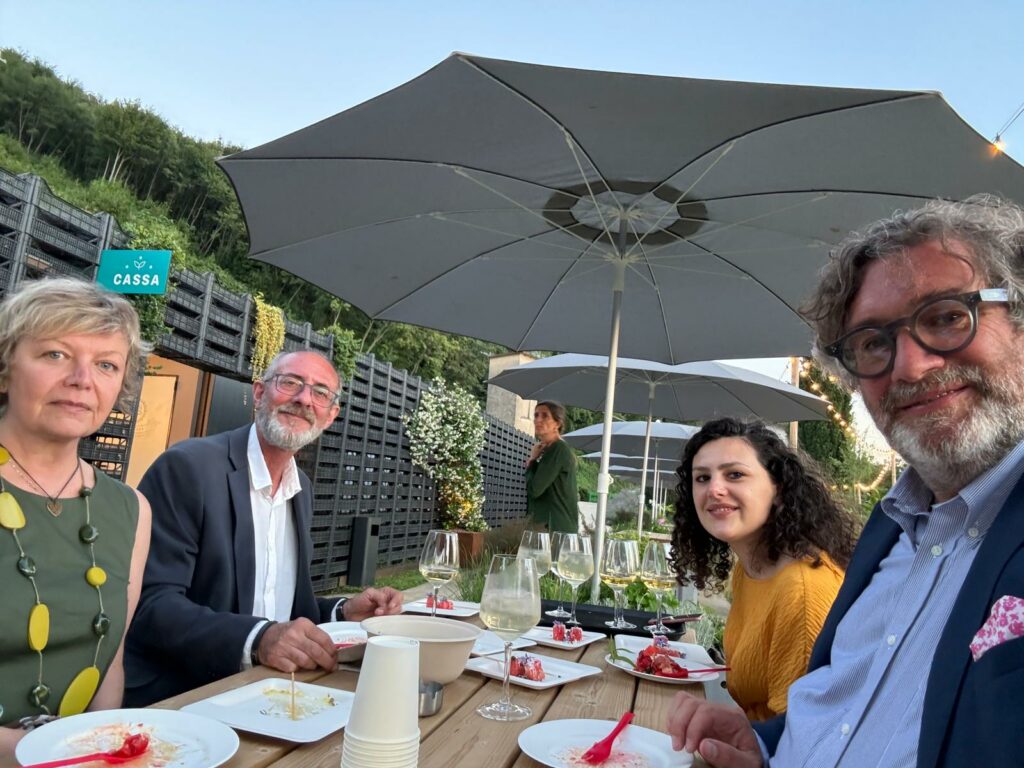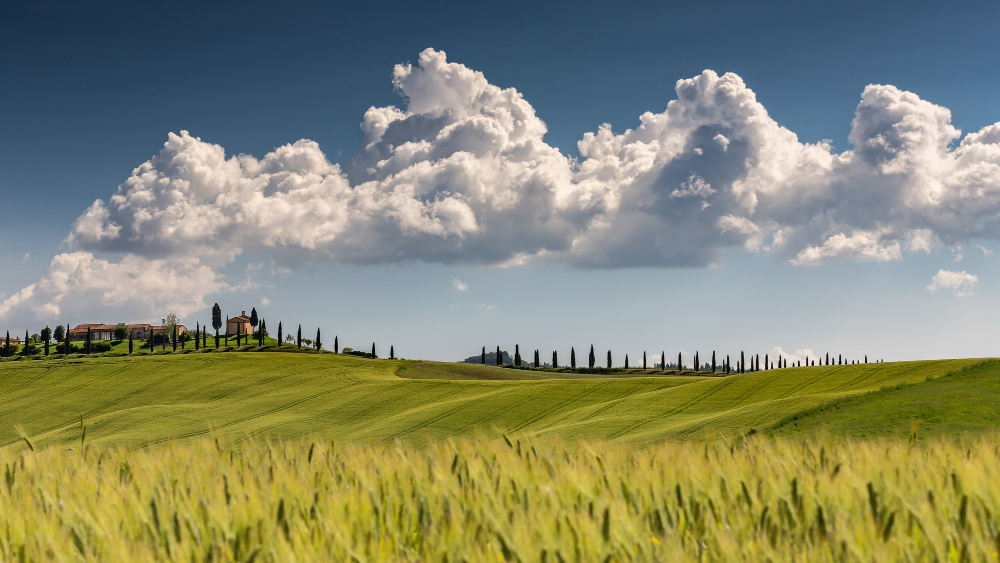Less than a month after the event organized in Venice, Quantitas, in collaboration with EPC and UNIVE, hosted another extraordinary gathering, this time in the splendid setting of Verona on July 4, 2024. The chosen location, Oasi delle Stelle, is a farm that produces high-quality organic foods and medicinal products and is strongly committed to biodiversity. This choice perfectly aligns with the ideas of the CITIES2030 project.
The event focused on the end consumer and their impact on food sustainability. To this end, we invited Valentina Raffaelli, an expert in sustainable habits, to show us how to make our daily practices more sustainable and accessible to all.

“CIBO E TERRITORIO – Food sustainability in our daily lives” was designed as an open dialogue between consumers and project partners, during which project data, good practices, good food, and much more were shared.
Raffaela Lioce from EPC introduced the innovative project and eloquently illustrated the pivotal role of cities in promoting sustainable food systems. Désirée Zucchi, the event’s dynamic presenter, facilitated the discussion and posed insightful questions. At the same time, Valentina Raffaelli began preparing the evening’s first dish, explaining the importance of responsible culinary choices such as using nasturtium, calendula flowers, chanterelle mushrooms, and stale bread for a Panzanella. These are not just tasty choices but true acts of responsibility.

In a familiar atmosphere, with wine glasses and convivial tables, Francesca Borga from EPC discussed managing European projects with numerous partners like CITIES2030, outlining future prospects once the project concludes.
The audience’s enthusiasm was palpable after tasting the first dish, and Daniele Sferra from UNIVE delved into the project’s specifics on blockchain and living labs. Meanwhile, Valentina Raffaelli shared practical tips on reducing food waste, explaining how to organize shopping and fridge storage to avoid waste, while preparing a savoury dish with watermelon and capers.
Selma Vaska from UNIVE and Giuseppe Castiello from Quantitas illustrated the observatory on European agri-food policies, the questions used in the project’s questionnaires, as well as the technology employed.

The event concluded with a final tasting of seasonal vegetable dishes from local farms. Although the event was scheduled to last an hour and a half, the audience’s enthusiasm extended the evening, turning it into a magical buffet where conversations continued without microphones.
We conclude this report with Valentina’s words:
“Food is the thing with which we can make a difference and take a stand every day. Food is a civil responsibility. Food is politics.”
The photos of the evening speak for themselves; the image gallery follows.
